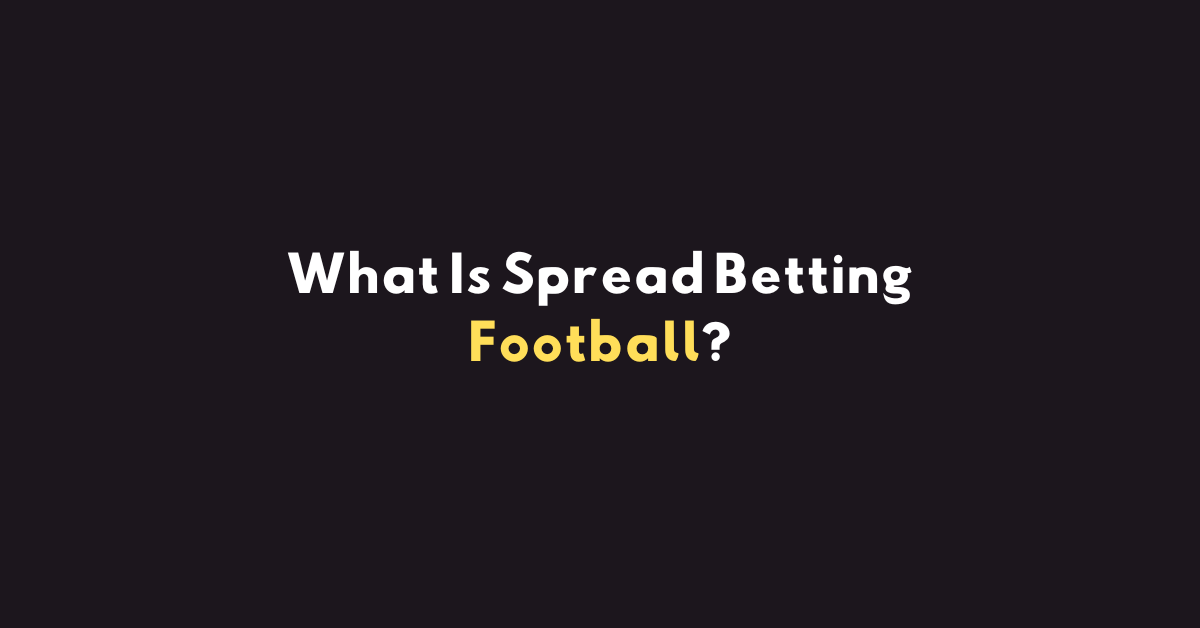Understanding Spread Betting
Spread betting is a form of wagering that involves speculating on the outcome of an event. In simple terms, it allows individuals to bet on whether the outcome will be above or below the spread set by the bookmaker. Unlike traditional betting where you win or lose based on a fixed odds format, spread betting offers a more dynamic and potentially lucrative way to engage in sports betting.
Participants in spread betting are not limited to predicting the outcome of a match; they can also place bets on a wide range of variables within a game. This flexibility allows for a more interactive and engaging betting experience, as punters can monitor and adjust their positions throughout the match based on unfolding events. In essence, spread betting offers a unique and exciting alternative to traditional fixed-odds betting formats.
How Spread Betting Works in Football
Spread betting in football involves predicting the potential outcome of various football-related events within a match. Unlike traditional betting forms where you simply wager on the outcome of a game, spread betting allows for a wider range of possibilities to bet on, such as the total number of goals, yellow cards, corners, or even player performances. This form of betting offers a more dynamic and interactive experience for football enthusiasts who wish to engage in different aspects of the game.
In spread betting, the bookmaker sets a predicted range for each market, and bettors can place their wager on whether the actual outcome will be above or below that range. The closer the final result is to the prediction, the more you win; conversely, the further away it is, the more you stand to lose. This type of betting adds an element of excitement as every minute of the game can impact the final result, making it a thrilling option for those looking for a more interactive and engaging betting experience in the world of football.
Advantages of Spread Betting in Football
Spread betting in football offers a unique way for fans to increase their engagement with the sport. Unlike traditional betting, spread betting allows for a wider range of outcomes to be profitable, adding an element of excitement and unpredictability to the experience. With spread betting, even a seemingly one-sided match can become thrilling as every goal and point scored becomes significant.
Another advantage of spread betting in football is the potential for higher returns compared to fixed-odds betting. By correctly predicting outcomes within a specified range, bettors can amplify their winnings significantly. This flexibility in potential payouts adds to the allure of spread betting, attracting those seeking higher risk and reward opportunities in their football wagering.
Disadvantages of Spread Betting in Football
One of the significant drawbacks of spread betting in football is the potential for substantial losses. Unlike traditional betting where the losses are limited to the amount wagered, spread betting comes with the risk of losing more than the initial stake. This can happen if the outcome significantly differs from the spread, leading to a greater financial loss for the bettor.
Moreover, the complex nature of spread betting in football can be challenging for newcomers to grasp. Understanding the intricacies of spreads, odds, and how they affect the final outcome requires a certain level of knowledge and experience. This can deter individuals who are not well-versed in sports betting from effectively engaging in spread betting on football matches.
Key Terminology in Spread Betting Football
In the realm of spread betting in football, understanding key terminology is crucial for making informed decisions and maximizing potential profits. Terms like “spread,” “buy,” “sell,” and “margin” are fundamental to grasp the dynamics of this type of wagering. The spread refers to the range within which the bookmaker predicts an outcome, while buying involves betting that the outcome will be above the spread, and selling is the opposite wager.
Another essential term is “margin,” which represents the amount of money required to open and maintain a spread betting position. Without a solid grasp of these key terms and their implications, navigating the complex world of spread betting in football can be fraught with confusion and potential financial risks. Therefore, taking the time to familiarize oneself with these terms is a wise investment for anyone looking to engage in this exciting and dynamic form of sports betting.















